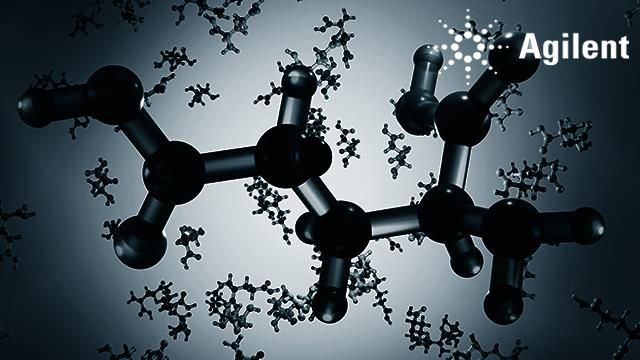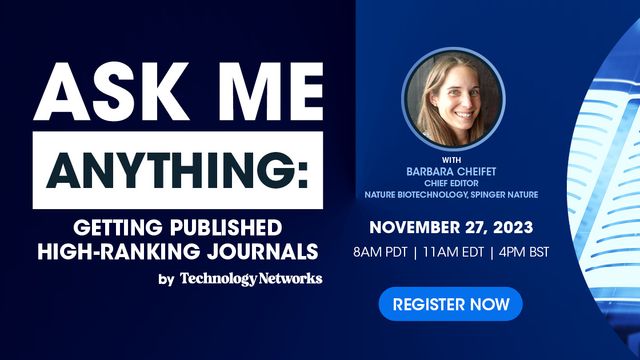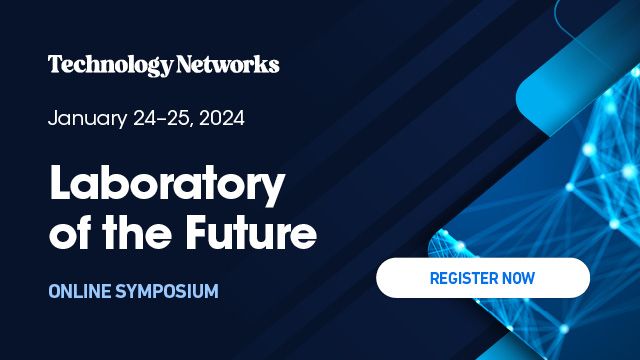
Webinar
Innovations in Multiomics Research for Life Sciences
On-Demand
Unearthing novel drug targets with robust data support and a deep understanding of biological processes remains a pivotal challenge in drug discovery. In this engaging webinar, distinguished speakers Aaron Mitchell and Rasmus Wernersson from ZS Associates will unveil a comprehensive method that significantly enhances target prediction performance through the integration of multiomics data, coupled with a data-driven, cell-type specific network biology approach.

Webinar
Ask Me Anything : Predatory Conferences
On-Demand
This exclusive Q&A event invites you to ask anything about the world of predatory conferences to our expert speaker.

Webinar
The Impact of Reliable Automation in Translational Metabolomics
On-Demand
In this webinar, you’ll hear how automated liquid handling for LC-MS/MS sample preparation contributed to the identification and quantification of over 30 metabolites that can predict adverse pregnancy outcomes, including pre-eclampsia.

Webinar
Ask Me Anything: Getting Published in High-Ranking Journals
On-Demand
An incredible opportunity to ask the Chief Editor of Nature on how to get published in high-ranking journals.

Webinar
The Role of Smart Technology in Mitigating Human Error and Supporting Compliance in QA/QC
On-Demand
This webinar discusses the role of smart technology and how this can mitigate human error and support compliance effectively in QA/QC labs.

Webinar
Next-Generation Molecular Diagnostics: Leveraging Digital Technologies To Enhance Multiplexing in Real-Time PCR
On-Demand
Multiple solutions have been devised to increase multiplexing in qPCR, including single-well techniques, using target-specific fluorescent oligonucleotide probes, and spatial multiplexing, where
segregation of the sample enables parallel amplification of multiple targets.
There is a need for innovations that will push forward the multiplexing field in qPCR, enabling for the next generation of diagnostic tools which could accommodate high throughput in an affordable manner. To this end, the use of machine learning algorithms has recently emerged to leverage information contained in amplification and melting curves– two of the most standard biosignals emitted during qPCR – for accurate classification of multiple nucleic acid targets in a single reaction.
Thermo Fisher Scientific are not affiliated with the webinar speaker. Any application of machine learning technologies with the Diomni™ software package, related assay definition files (ADFs) and related qPCR instruments are for research use only.
segregation of the sample enables parallel amplification of multiple targets.
There is a need for innovations that will push forward the multiplexing field in qPCR, enabling for the next generation of diagnostic tools which could accommodate high throughput in an affordable manner. To this end, the use of machine learning algorithms has recently emerged to leverage information contained in amplification and melting curves– two of the most standard biosignals emitted during qPCR – for accurate classification of multiple nucleic acid targets in a single reaction.
Thermo Fisher Scientific are not affiliated with the webinar speaker. Any application of machine learning technologies with the Diomni™ software package, related assay definition files (ADFs) and related qPCR instruments are for research use only.
Advertisement


